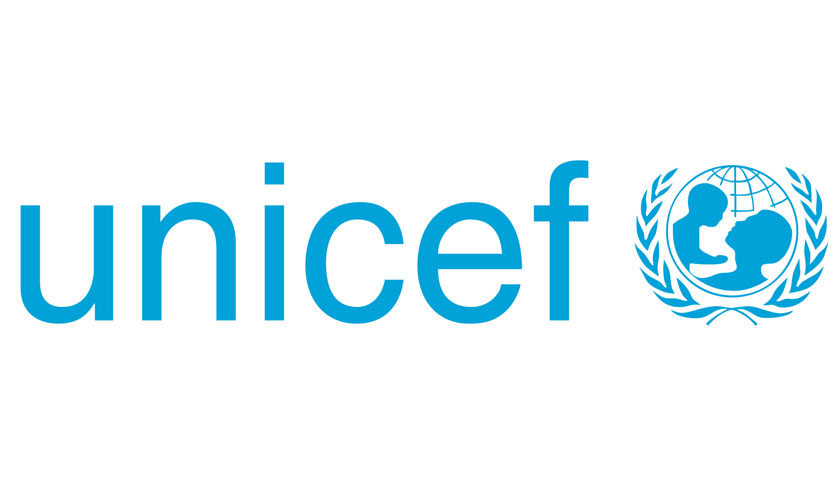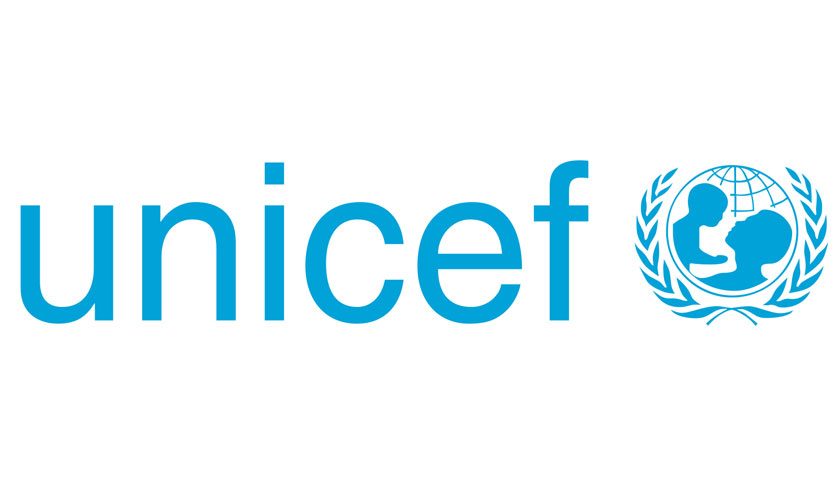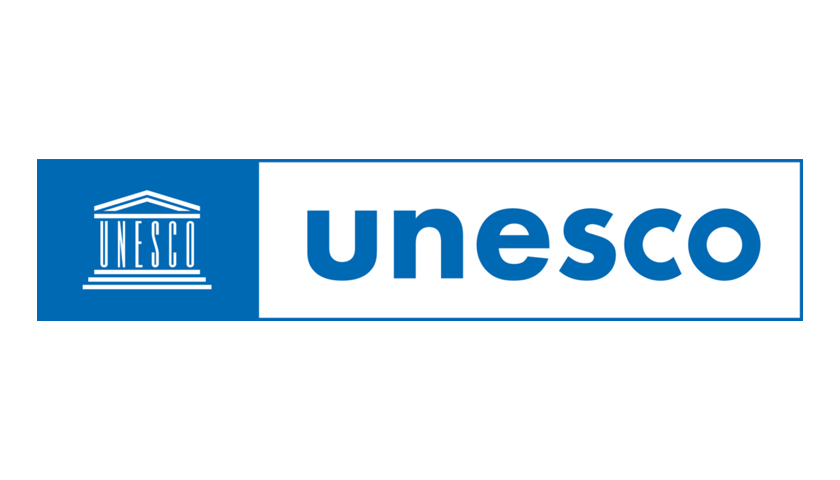As a result of the worst shock to education and learning in recorded history, learning poverty has increased by a third in low- and middle-income countries, with an estimated 70% of 10-year-olds unable to understand a simple written text, according to a new report published by the World Bank, UNESCO, UNICEF, UK government Foreign Commonwealth and Development Office (FCDO), USAID, and the Bill & Melinda Gates Foundation. This rate was 57% before the pandemic, but now the learning crisis has deepened. This generation of students now risks losing $21 trillion in potential lifetime earnings in present value, or the equivalent of 17% of today’s global GDP, up from the $17 trillion estimated in 2021.
The State of Global Learning Poverty: 2022 Update report shows that prolonged school closures, poor mitigation effectiveness, and household-income shocks had the biggest impact on learning poverty in Latin America and the Caribbean (LAC), with a predicted 80% of children at the end-of-primary-school-age now unable to understand a simple written text, up from around 50% pre-pandemic. The next-largest increase is in South Asia, where predictions put at 78% the share of children that lack minimum literacy proficiency, up from 60% pre-pandemic. Emerging data measuring actual learning levels of children in reopened school systems around the world corroborate the predictions of large learning losses. In Sub-Saharan Africa (SSA), increases in learning poverty were smaller, as school closures in this region typically lasted only a few months, but stand now at an extremely high 89%. In all other regions, simulations show increases in learning poverty.
The report also shows that even before COVID-19, the global learning crisis was deeper than previously thought. The global average pre-pandemic learning poverty rate, previously estimated at 53% for 2015, was even higher – with updated and revised data revealing that 57% of 10-year-olds in low- and middle-income countries were not able to read and understand a simple text, the measure for learning poverty. In regions, such as LAC and SSA, in which temporally comparable data is available, the report notes that learning poverty has remained stagnant in this period. This highlights that returning to the pre-COVID status quo will not secure the future of the world’s children – a vigorous learning recovery and acceleration is needed.
Prolonged school closures and unequal mitigation strategies have worsened learning inequality among children. Evidence is mounting that children from lower socioeconomic backgrounds and other disadvantaged groups are suffering larger learning losses. Children with the most fragile grasp of foundational literacy before the closures are most likely to have suffered larger learning losses. Without strong foundational skills, children are unlikely to acquire the technical and higher-order skills needed to thrive in increasingly demanding labor markets and more complex societies.
The need for sustained commitment at all levels of society
The new World Bank, UNESCO, UNICEF, FCDO, USAID, and the Bill & Melinda Gates Foundation report emphasizes that learning recovery and acceleration requires sustained national political commitment, from the highest political levels to all members of society. Turning the tide against the longer-term learning crisis will require national coalitions for learning recovery – coalitions that include families, educators, civil society, the business community, and other ministries beyond the education ministry. Commitment needs to be further translated into concrete action at the national and sub-national levels, with better assessment of learning to fill the vast data gaps, clear targets for progress, and evidence-based plans for learning recovery and acceleration.
Given the scale of the challenges and scarcity of resources, countries need to concentrate their efforts on the most cost-effective approaches to tackle learning poverty.
The RAPID framework offers a menu of evidence-based interventions that education systems can implement to help children recover lost learning, and to accelerate long-term progress in foundational learning. Governments must make sure that education systems:
- Reach every child and keep them in school
- Assess learning levels regularly
- Prioritize teaching the fundamentals
- Increase the efficiency of instruction, including through catch-up learning
- Develop psychosocial health and well-being.
These interventions must be implemented as part of a national learning recovery program that can also serve as a springboard for building more effective, equitable, and resilient education systems. To lead to broad, sustained change, the program will need to be accompanied by much-needed systemic strengthening. This is critical to closing learning gaps as much as possible by 2030 to ensure that all children and youth have the opportunity to shape the bright futures they deserve.
World Bank:
Jaime Saavedra, Global Director for Education, World Bank: “COVID-19 has devastated learning around the world, dramatically increasing the number of children living in Learning Poverty. With 7 in 10 of today’s 10-year-olds in low- and middle-income countries now unable to read a simple text, political leaders and society must swiftly move to recover this generation’s future by ensuring learning recovery strategies and investments. The World Bank is committed to supporting countries during these challenging times. Together, we can build forward better more equitable, effective, and resilient education. We owe it not only to the children and youth of this generation, but to ourselves – in their minds rests our future.”
FCDO:
Alicia Herbert OBE, Director Education, Gender and Equality and Gender Envoy, FCDO: “This important document helps us to better understand where we are on education globally, and how we can ensure that all children are supported to get on track to achieve 12 years of quality education. The report shows what we feared. Even fewer children are now able to access a quality education, due to the impact of COVID-19 and school closures globally, especially the most marginalised. An estimated 7 in 10 of all children in low- and middle-income countries cannot read a simple text with comprehension by age 10. This is unacceptable. We must come together to pay attention and to act, so that all children can get back to school and learn.”
Bill & Melinda Gates Foundation:
Dr. Benjamin Piper, Director of Global Education, Bill & Melinda Gates Foundation: “I want readers of this report to have at least two responses. The first is profound sadness at the magnitude of the learning crisis. The learning poverty data highlights the shocking inequality that persists in learning outcomes, with 87% of children in Africa unable to read and understand a simple text. This data was collected before the COVID-19 pandemic, but the new simulations suggest this has increased to 89%. This is sad, but it’s also wrong. The second is that we have solutions that can work at scale and in government systems. Committing to substantial learning recovery programs is a start, but the composition of those programs matter: measure learning outcomes, but also invest in improving instruction through structured pedagogy or teaching at the right level interventions while increasing instructional time. Countries that do this have a real opportunity not only to recover learning lost due to COVID-19, but to make significant progress to reduce learning poverty by 2030.”
UNESCO:
Stefania Giannini, UNESCO Assistant-Director General for Education: “These estimates ring the alarm louder than ever on the urgency to prioritize education in recovery plans and beyond. We must invest in holistic and transformative policies that act on the multiple causes of the learning crisis, mobilize the international community, and put in place all the conditions to ensure that no child falls behind. The Transforming Education Pre-Summit, from June 28 to 30 at UNESCO headquarters in Paris, and the Transforming Education Summit, on 19 September in New York, are our opportunity to set learning on the right tracks and fulfill the SDG4 promise to ensure quality education and lifelong learning opportunities for all.”
UNICEF:
Robert Jenkins, UNICEF Global Director of Education: “Getting children back into the classroom is just the first step – but if we stop there, we will rob millions of children of the chance to reach their full potential. Every child has a right not only to be in school, but to learn in school, acquiring the basic skills that are the foundation for higher learning and higher income levels someday – in turn supporting equitable development and sustainable growth. We need to reach every child, in every situation. We need to assess their learning level and help them master the basics, so they can move ahead as confident learners. And especially for children living through conflicts and crises, we need to support children’s learning by making sure they have the psychosocial support they need. We can’t let children’s learning become yet another casualty of the COVID-19 pandemic.”
USAID:
LeAnna Marr, Acting Deputy Assistant Administrator, Bureau for Development, Democracy, and Innovation, Center for Education, USAID: “The State of Global Learning Poverty is an urgent call for commitment. Recovering from this massive shock will require all of us – governments, families, educators, civil society, and the private sector – to double our efforts to ensure every child is supported to return to school and catch up on learning. In the wake of the worst shock to education and learning in a century, USAID is committed to continuing our support to the recovery and transformation of education to ensure all children and youth are able to return to safe and quality learning. USAID will continue to build on our investments and lead globally in foundational learning, strengthening resilience in education systems, and equipping the next generation with the skills needed for lifelong success.”


